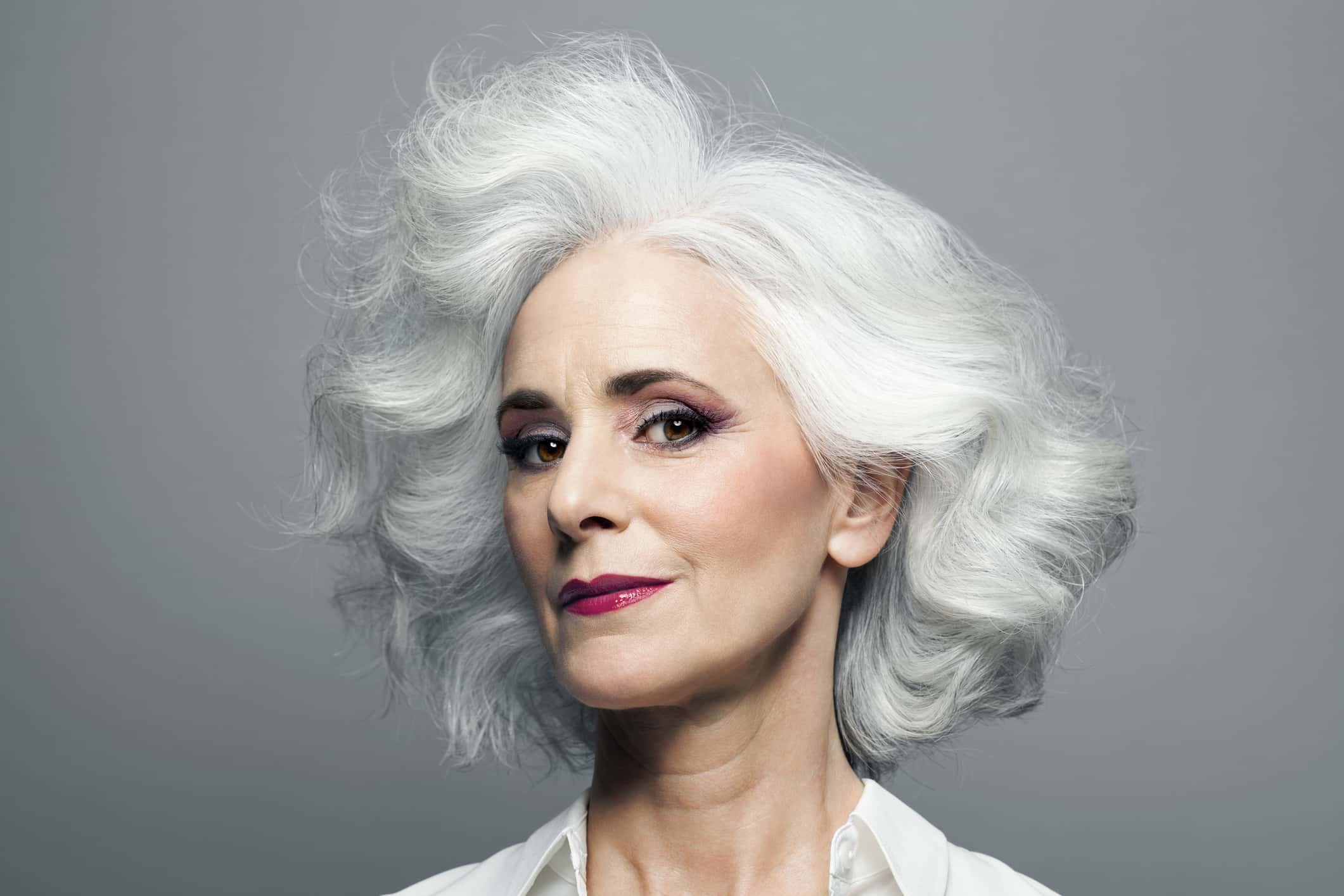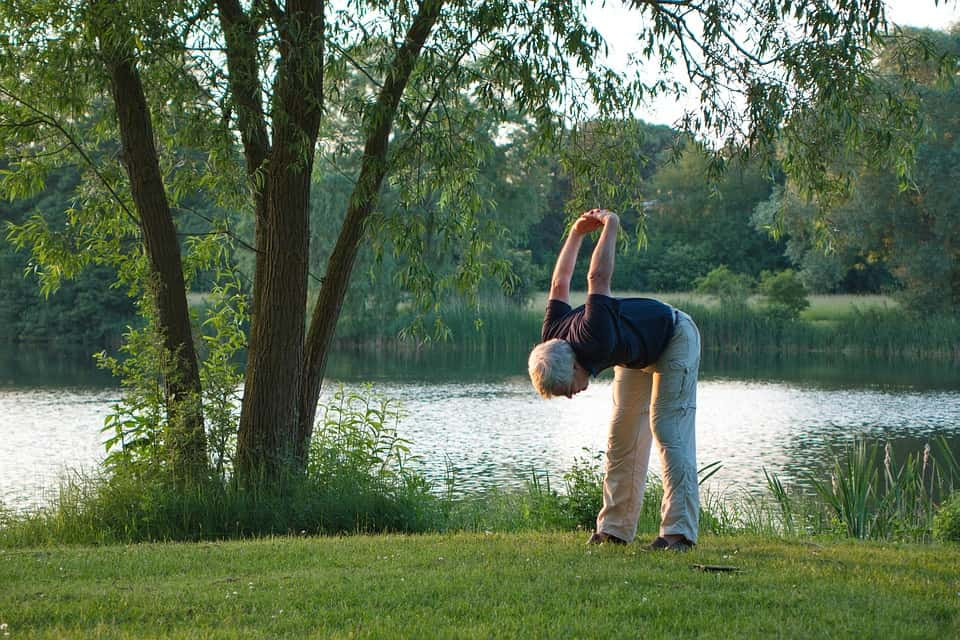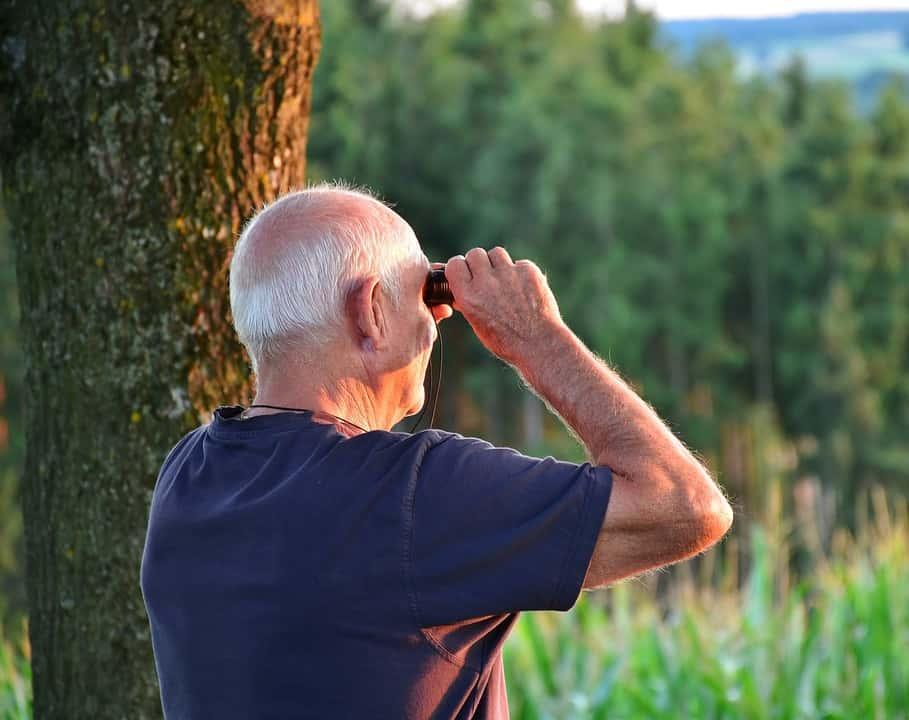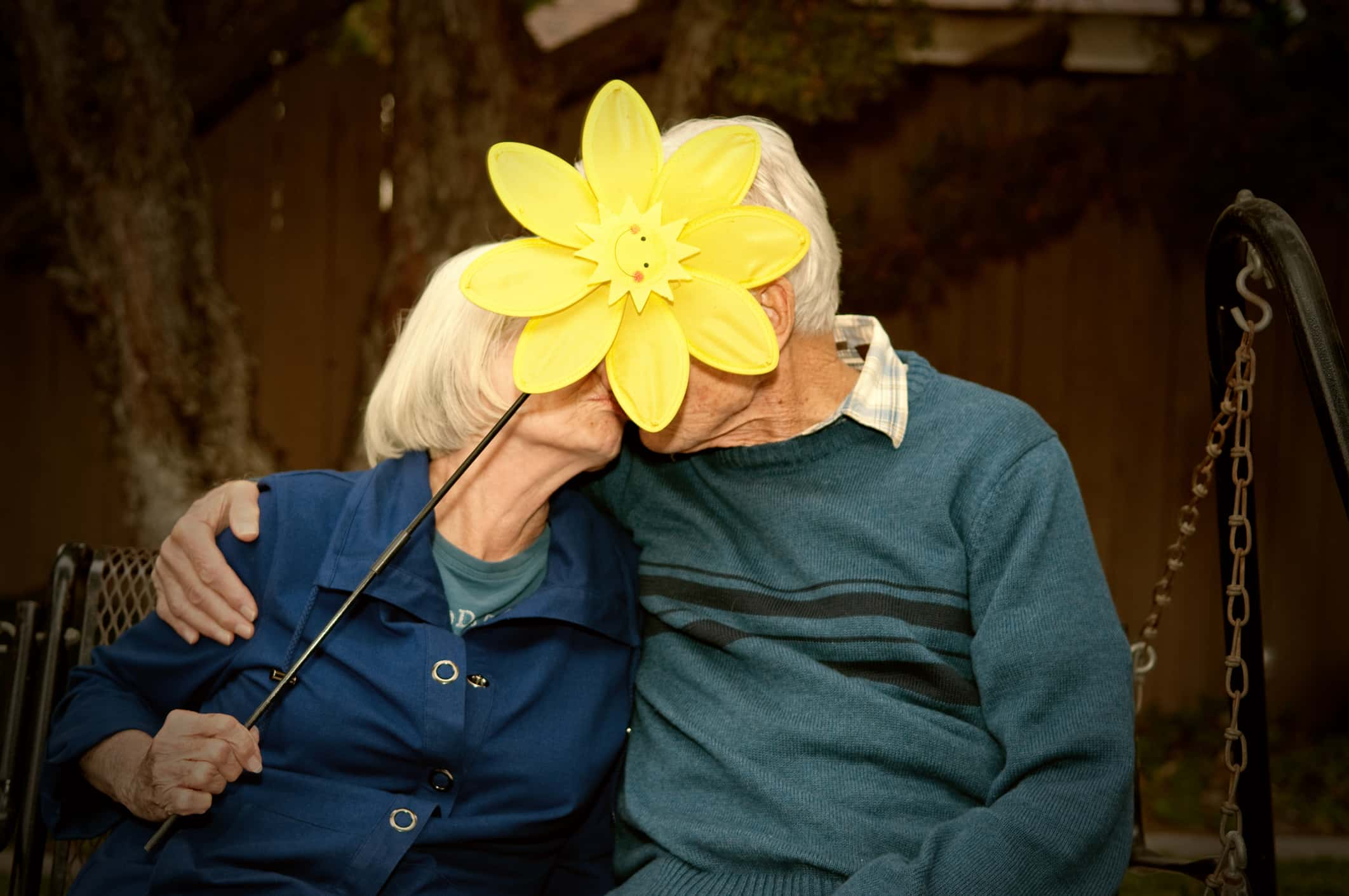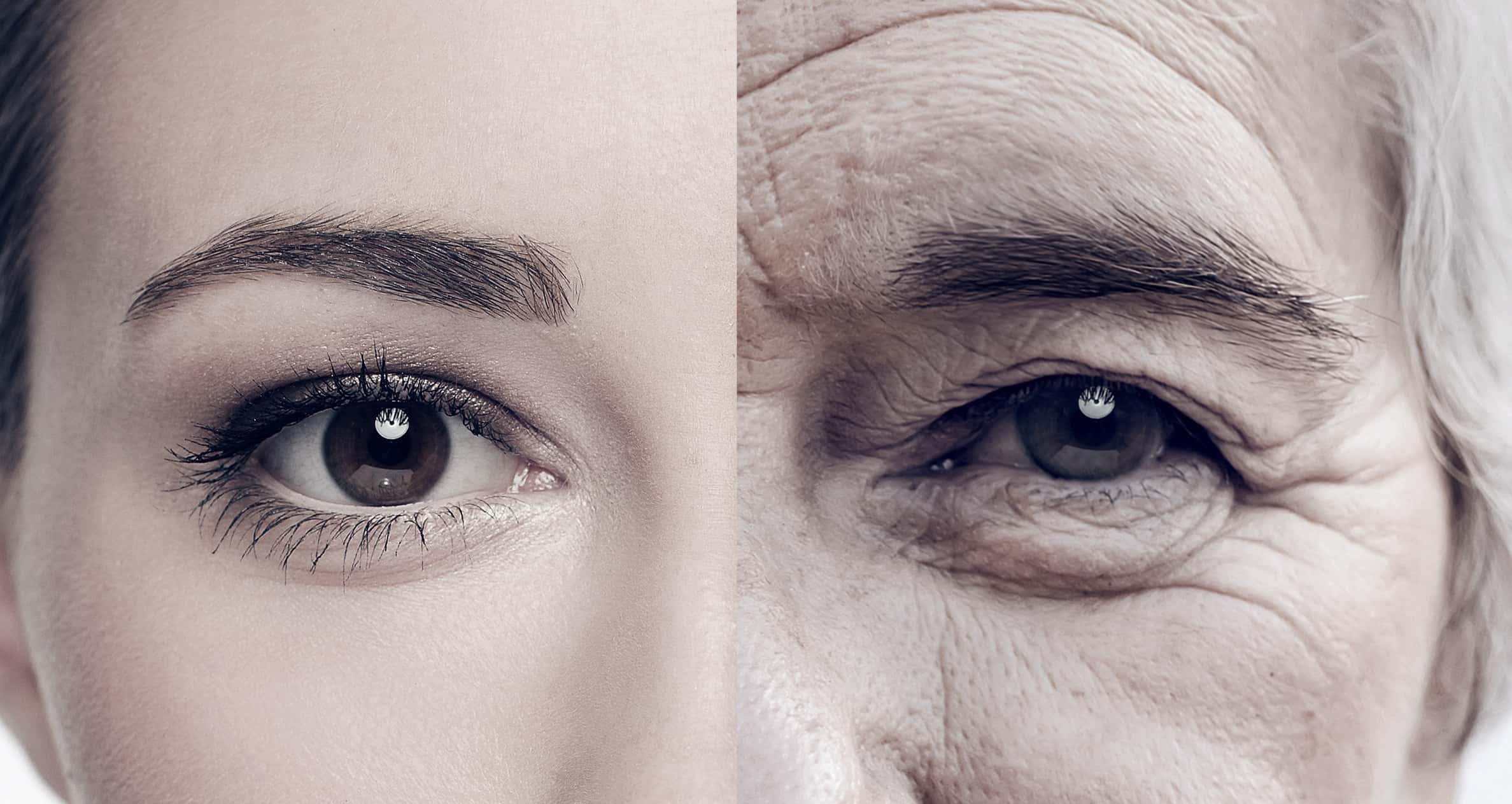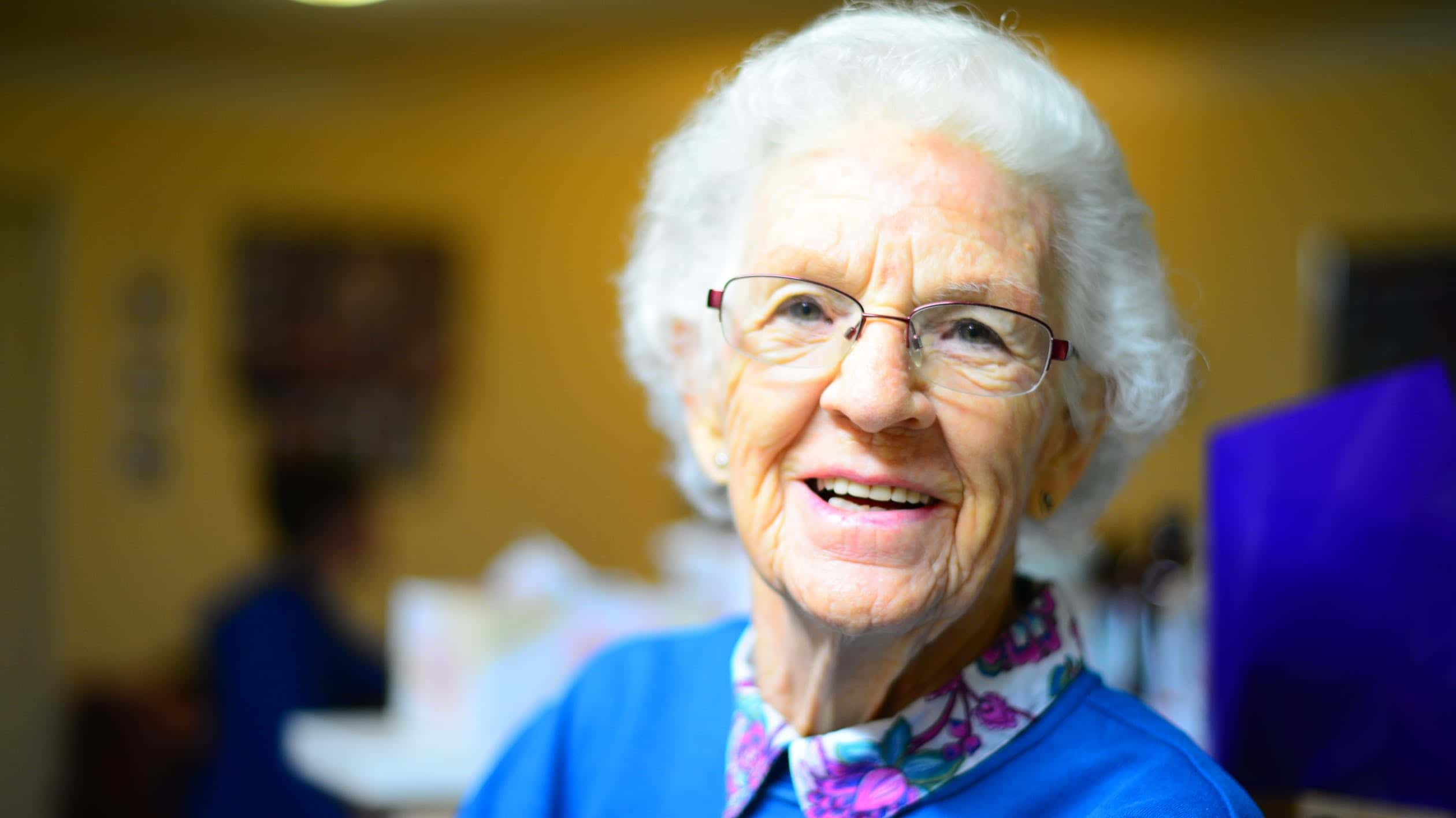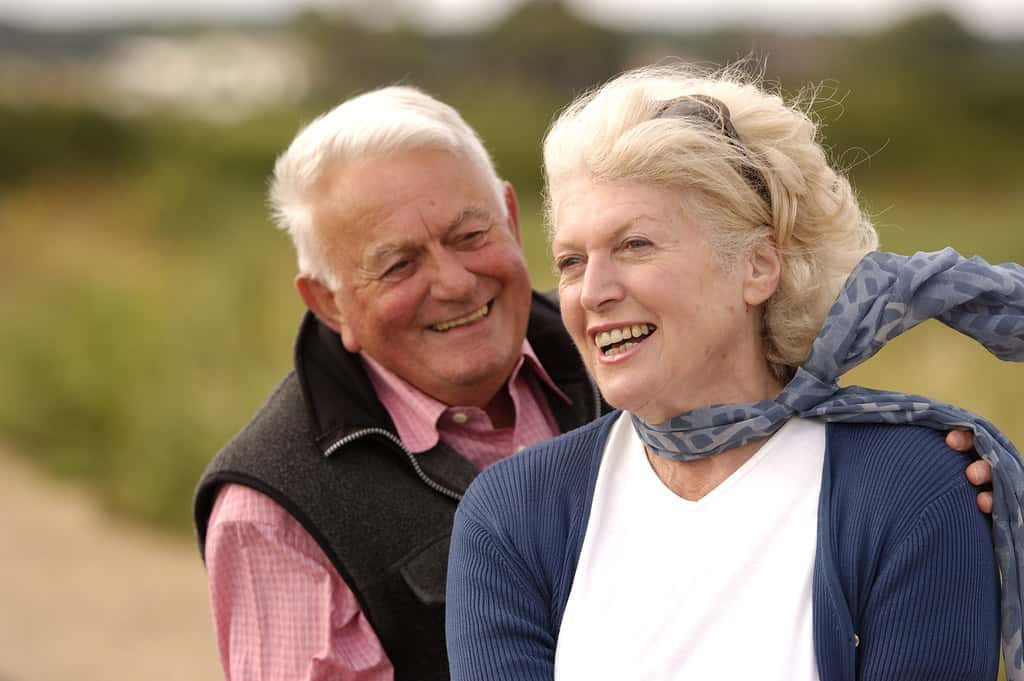It’s not how old you are, it’s how you are old.” —Jules Renard
It’s nothing but a source of sheer dread for many, but the aging process isn’t all belligerence, sagging, and doom and gloom. Far from it. Sure, some things might be harder to remember, some things might not be quite as firm, and the kids and their memes just become more and more confusing, but that’s only part of the picture. Let’s all take a leisurely stroll through some enlightening facts about aging.
Aging Facts
24. Silver Foxes
Achromotrichia is the natural change in hair color that occurs as people age, normally beginning in the early to mid-twenties for men and the late twenties for women. Graying, if it occurs, usually happens in this order: nose hair, hair on the head, beard, body hair, and finally eyebrows.
23. Happiness Ahead
Studies have indicated that people generally become happier as they get older. Though looks, energy, and mental efficiency may decline, levels of happiness and emotional well-being tend to rise.
22. Keep Moving
Moderate levels of exercise have been associated with life extension, with the optimum amount of exercise typically considered to be around 3,500 metabolic equivalent (MET) minutes a week. Walking or cycling for 25 minutes every day would add up to about 3,000 MET minutes a week, for example.
21. Cheers Big Ears
Many studies have indicated that ears (and indeed noses) sag with age, thanks both to a loss of elasticity in the skin and to the effects of gravity.
20. Bald is Beautiful
Androgenetic alopecia, or pattern hair loss, affects about 50 percent of all men over the age of 50, and a quarter of females. The main cause is genetics, but the risk of it occurring increases with age.
19. Just Keep Lovin’
Even if there’s a drop in sexual desire, studies have shown that sexual satisfaction tends to increase with age, particularly for women.
18. Bilingual is Best
Learning a second language can actually protect the aging brain. The specific neural exercises and decisions on word choices made by bilingual people can have crucial benefits, and have been shown to delay age-related diseases like Alzheimer’s.
17. 2045 Initiative
The “2045 Initiative,” founded by Russian entrepreneur Dmitry Itskov in February 2011, is a nonprofit organization devoted to extending life through the replacement of biological organs with mechanical ones, with the eventual goal of enabling “the transfer of an individual’s personality to a more advanced non-biological carrier, and extending life, including to the point of immortality” by the year 2045.
16. Bad to the Bone
We are born with around 270 bones in our skeleton. These bones fuse together as we grow up, leaving us with around 206 bones by adulthood.

Sign up to our newsletter.
History’s most fascinating stories and darkest secrets, delivered to your inbox daily. Making distraction rewarding since 2017.
15. The Oldest Person Ever
Jeanne Calment was born in 1875 and died in 1997 at 122 years old, 164 days. This was the longest a human has ever been proven to live; Calment even met Vincent Van Gogh.
14. Not Too Shabby
The maximum for the foreseeable future, except for anomalies like Calment, is thought to be 115 years; it seems humans hit an age wall after this point.
13. Bloody Fraudsters
Some clinics offer injections of blood products from young donors, claiming that the procedure can (among other things) result in a longer life and provide a cure for heart diseases, diabetes, and Alzheimer’s. None of the alleged benefits have been demonstrated in a proper study, but clinics have been known to charge up to $8,000 for the treatment in the US.
12. Not So Damn Close
Presbyopia is a condition that results in an increasing difficulty to focus clearly on close objects. It is associated with the aging of the eye, and is due to the lens hardening and causing the eye to focus light behind the retina when looking at objects close up. It’s a natural part of the aging process that usually becomes noticeable after the age of 35.
11. Not So Damn High
As we get older, our ability to hear high-pitched frequencies diminishes. This process of age-related hearing loss is called presbycusis, and its onset has been observed in people as young as 18.
10. Very Common
Presbycusis is the second most common illness in older people, the first being arthritis. It afflicts one in three people by age 65, and one in two by age 75.
9. Sounds Reasonable
According to a University of Michigan study, older people are more adept at reasoning when it comes to social conflicts. Specifically, they are better at understanding competing perspectives, coming up with reasonable solutions, and putting forth compromises.
8. Just Keep Doing What You’re Doing
Computer usage in tandem with physical exercise can improve cognitive ability and prevent memory loss as you get older.
7. Longer Lives
People are living longer lives than ever before. People who live to 65 can expect to live an average of 19.2 more years, which is nearly five years longer than those who turned 65 in 1960.
6. Old Folk’s Planet
According to the World Health Organization, the world’s population is aging rapidly. The number of people aged 60 or older is expected to rise from 900 million worldwide to 2 billion by 2050.
5. Happier Marriages
Studies have shown that marriage actually gets better in old age. One reason for this is that couples tend to become more affectionate once the kids have moved out, and another is that the stresses of marriage in middle age actually end up bringing couples closer together as they get older.
4. What Menopause?
In 2015, a 65 year old German woman named Annegret Raunigk gave birth to quadruplets, making her the oldest woman ever to do so.
3. The World’s Oldest Mom
The world’s oldest known first-time mother is Indian woman Rajo Devi Lohan, who gave birth to her first child at 70 in 2008 after IVF treatment.
2. Who Needs Deodorant?
We actually sweat less as we get older, at least in our underarms. This is because over time, our eccrine (sweat) glands shrink and become less sensitive.
1. Just a Number
There is a difference between your chronological age, which is how many years you’ve been alive, and your biological age, which is essentially how old your body is physiologically. Biological age is largely determined by things called telomeres, which protect the ends of chromosomes from deteriorating, essentially dictating the speed at which cells age and die. Studies have found that people with short telomeres are more likely to die early or develop age-related diseases, while lengthening the telomeres by maintaining a healthy lifestyle (exercise, diet, low stress etc.) can reverse or prevent the effects of aging.
Sources: 1, 2, 3, 4, 5, 6, 7, 8, 9, 10, 11, 12, 13, 14, 15, 16, 17, 18, 19, 20, 21, 22, 23, 24


